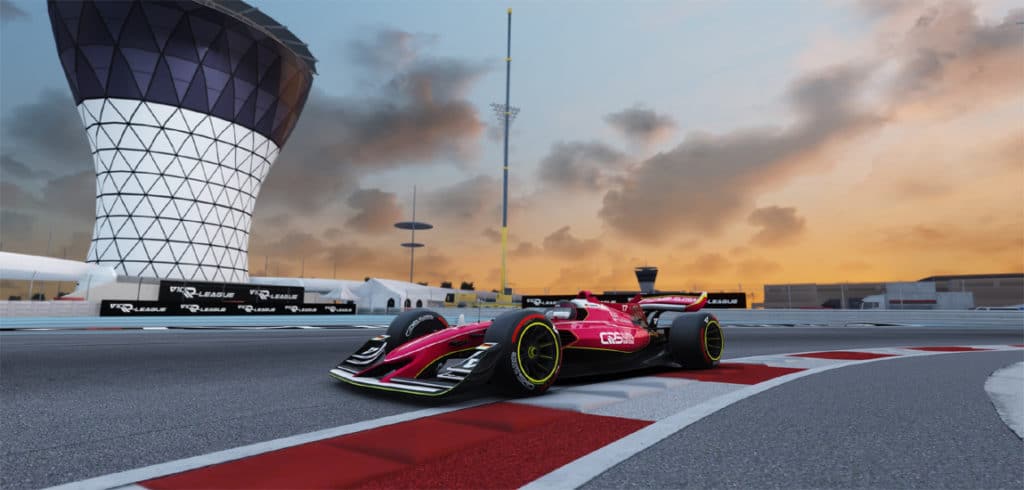Turkish racing enthusiast, Cem Bolukbasi, started his career off in some unconventional means. The esports star was racing with the best in Formula 1 sim racing, before he gave it up to drive a non-virtual car on a non-virtual course for the very non-virtual Formula 2.
Why did he make the switch from Formula 1 esports to Formula 2? Why did he give up the potential fame and money of esports for the Formula 2 racecourse? We explore here.
Olympics are just around the corner
Last year’s Olympics were hosted by Japan, and even if you don’t know much about Japan, you’ll probably still know that they love their games. They have a rich history in the games industry. In that way, it would’ve made sense for Tokyo to be the first Olympics that featured esports.
Alas, that didn’t happen, but it doesn’t mean the jig was up. While esports didn’t officially feature at the Olympics, the Intel World Open ran ahead of the opening ceremony, featuring esports. The IOC (International Olympic Committee) does sometimes honour activities in this way – sports that don’t always fit their idea of an Olympic sport.
Some have bemoaned esports’ lack of physicality as to why it shouldn’t be included in the Olympics, but regardless, it’s a competitive activity that’s here to stay. Esports players have fast reflexes, matches are intense and it’s exciting to watch, much like traditional sports. Plus, some games in the Olympics aren’t that physical or heart-pounding, like archery, when compared to other activities.
It’s still possible we could see esports included in the Olympics in the future of course. And just this week, it was announced that esports will be a part of the Commonwealth Games in Birmingham.
Esports can be useful for practicing
Some athletes in mainstream sports, like footballers, use gaming as a means to switch off and take some downtime. Others use simulations to play out potential strategies and think about how they should react in any given situation, like F1 drivers using a simulation. Like anything else, a part of it is practice, which esports and iGaming (or online gambling) offers.
A lot of European casinos operate in Ireland, offering opportunities to practice your skills in classic games for use in real-time games. Examples include poker, bingo, etc.
While playing tons of hours on a game like FIFA isn’t necessarily going to make you an amazing real life footballer or good at another sport, formula racing is an exception, as previously stated. The simulation is about as close to the real thing as you can get without sitting in your seat yourself, and other sports don’t really come as close.
Esports doesn’t need validation
The esports industry has been growing steadily in recent years. Last year, Newzoo said that global esports revenues would grow to $1.084bn in 2021, a year-on-year rise of 14.5% from $947.1 million in 2020, and that the worldwide esports audience would reach 474m last year. Those numbers are only expected to go up as time goes on.
The whole esports versus sports debate has been going on for years now – but does it matter? There are football fans, there are golf fans, there are esports fans. And they are all very dedicated to their sport. Fans follow their favourite players – in sports and esports – and are happy to pay to support them, whether it’s buying a jersey or making a stream donation for example.
When you’re doing what you love and you’re making a living from it, the validation from a board of Olympic directors won’t matter. As the Financial Times said in its article: “The Olympics need esports more than esports need the Olympics.”
Essential UK Casino & Betting Guides
Looking for the best casinos or betting sites? Below you’ll find our recommended guides that players in the UK are loving right now.


